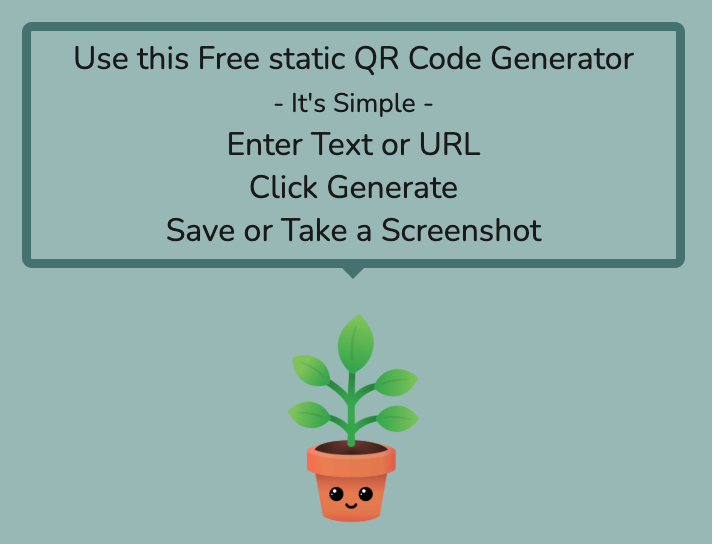Custom Coded vs Platform
Custom Coded vs Platform Websites - what's the difference?

Custom Coded vs Platform Websites
When deciding between a custom-coded website and a platform-based website, several factors come into play, including control, cost, scalability, and security.
At Plantita Labs, both custom-coded and platform websites are an option, depending on your goals, needs, and budget.
Custom-Coded Websites
Advantages:
- Control and Customization: Custom-coded websites offer complete control over the design and functionality. You can tailor every aspect of the site to meet your specific needs, ensuring a unique and personalized user experience.
- Performance: Custom-coded sites can be optimized for speed and performance, leading to faster load times and a better user experience.
- Security: Custom-coded websites can be more secure as they are built specifically for your needs, reducing the risk of vulnerabilities found in widely-used templates and plugins.
- Scalability: These sites are easier to scale as they can be designed to grow with your business, accommodating new features and increased traffic.
- Ownership: You own the code, giving you greater control over the future of your site.
Disadvantages:
- Cost: Custom-coded websites require hiring a developer, which can be expensive. (However, at Plantita Labs, I offer custom coded websites at approachable pricing, reach out to learn more!)
- Maintenance: Updates and maintenance can be more challenging and require ongoing technical expertise.
- Time: Building a custom-coded website can take longer as the developer has to write the code for each part of the site.
Platform-Based Websites
Advantages:
- Ease of Use: Platform-based websites, such as those built with Squarespace, Wix, or WordPress, are user-friendly and require no coding knowledge. They offer drag-and-drop tools and WYSIWYG editors, making it easy to create a professional-looking site.
- Speed of Setup: You can create and launch a website quickly, often within a few hours.
- Built-in Features: These platforms come with a wide range of templates, design options, and built-in tools for SEO, e-commerce, and more.
- Support: Most platforms offer customer support and a community of users to help with issues and provide guidance.
Disadvantages:
- Limited Customization: While platforms offer many customization options, they may not provide the level of control needed for highly specialized or unique designs.
- Security Risks: Platform-based websites can be more vulnerable to security threats due to the use of pre-made templates and plugins, which can have known vulnerabilities.
- Dependency on the Platform: If the platform raises its prices or changes its terms of service, you may need to start over with a new platform.
- Generic Look: Without significant customization, platform-based websites can start to look generic or like a template.
Use Cases
- Custom-Coded Websites: Ideal for large enterprises, businesses with complex requirements, or those needing unique and highly customized features. They are also suitable for websites that aim to reach a large audience and require high performance and security.
- Platform-Based Websites: Best for small businesses, personal blogs, creative portfolios, and niche online stores. These platforms are also suitable for businesses with limited technical expertise and budget constraints.
In summary, the choice between a custom-coded website and a platform-based website depends on your specific needs, budget, and technical capabilities. Custom-coded websites offer more control and flexibility but come with higher costs and maintenance requirements. Platform-based websites are easier to use and set up but may have limitations in terms of customization and security.
#webdesign #webdevelopment #customwebsite #websitebuilder #webdevelopmenttips #webdevelopmentblog #plantitalabs





